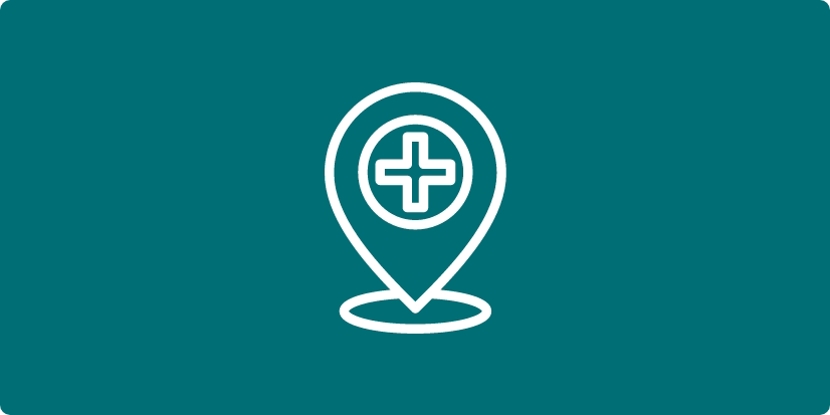Heart & Vascular Care
Our patients’ well-being is at the heart of University Medical Center
New Orleans. Our Heart and Vascular Care is designed to meet your healthcare
needs through innovative cardiovascular medicine.
Our specialized team provides comprehensive cardiology services and treatment options.
Heart disease
Having a healthy heart helps you live a long, healthy life. Unfortunately, heart disease is all too common and affects men and women equally. Our physicians, some of the best cardiologists in New Orleans, are here to help you learn if you’re at risk for heart disease and make the healthy changes necessary to keep you heart in top working order. Because heart disease often doesn’t show symptoms, it’s important to know risk factors so you can address them before it’s too late.
The primary risk factors are:
- High blood pressure
- High LDL (or “bad”) cholesterol
- Smoking
Coronary artery disease (CAD) is the most common type of heart disease. It is the leading cause of death in the U.S. in both men and women. Other names for CAD are coronary heart disease (CHD), heart disease, and ischemic heart disease.Use our risk assessment tool to learn your risks.
Our cardiology team can help you identify these factors and take steps to reduce them.
Heart attacks
According to the Centers for Disease Control and Prevention, a heart attack happens about every 40 seconds. Getting immediate help, like the emergency treatment we provide at University Medical Center, is essential to save as much of the heart muscle as possible. In some cases, it can save your life.
If you notice warning signs and symptoms of a heart attack, call 911.
These include:
- Pain or discomfort in the chest
- Shortness of breath
- Other unusual symptoms, like cold sweats and nausea
When a person has a heart attack, receiving CPR from someone nearby can be a life-saver. Learn about hands-only CPR with these resources from the American Heart Association.
Heart failure
Heart failure is a chronic condition that you can learn to live with. However,
you need to pay attention to your health and seek timely medical attention
if you have symptoms that are out of the ordinary.
Even if you have not been diagnosed with heart failure, it is important
to watch for signs and symptoms that you should seek medical help. These
include chronic cough, confusion, fatigue, and fluid build-up.
High blood pressure
If you have high blood pressure, your heart works overtime to pump blood to the rest of your body. The added stress on your heart and blood vessels puts you at increased risk for heart failure, heart attack and stroke.
Because high blood pressure may not cause warning signs or symptoms, having regular checkups with your doctor is important. During these appointments, your doctor can determine whether you have high blood pressure and offer tips to manage the condition or reduce your risk.
Protect your heart health
Making lifestyle changes can decrease your risk of heart disease and help you control it if you already have heart disease. See the 12-week plan to make a positive impact on your heart health and learn about foods that can help protect your heart.
To make an appointment or find a cardiologist, call 504.702.5200.


